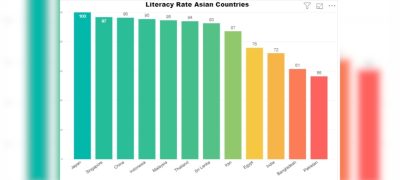A growing number of Americans are opting to remain single, even though most experience marriage or serious relationships at some point. While some research suggests that single individuals can be as happy as those in relationships, recent findings highlight certain advantages for couples.
A German study examined the Big Five personality traits—extraversion, agreeableness, openness, conscientiousness, and neuroticism—in over 77,000 adults aged 50 and above. The study found that lifelong singles reported lower life satisfaction compared to those currently in relationships or who had previously been partnered.
Read more: Study Reveals Paracetamol Use Linked to Severe Heart and Kidney Problems in Older Adults
Singles were also less extraverted and open, with women and older individuals reporting slightly higher satisfaction than men and middle-aged singles. Researchers believe older singles may have moved beyond societal pressures related to marriage and family.
The study, published in Psychological Science, included participants from 28 countries, with an average age of 68. About six percent had never married, four percent had never lived with a partner, and three percent had never been in a long-term relationship. Participants rated their life satisfaction on a scale from 0 (completely dissatisfied) to 10 (completely satisfied).
Lead author Julia Stern, a senior researcher at the University of Bremen, emphasized the need to support lifelong singles, citing financial and emotional challenges that may become more significant with age. She noted that personality changes linked to relationships, such as an extravert adopting introverted traits from a partner, are often temporary.
The study aligns with other research suggesting single people may face a higher risk of depression and that delaying or avoiding marriage could contribute to declining fertility rates in the U.S. Stern stressed the importance of partners in providing support, particularly for elderly individuals facing health or financial difficulties.









